1. Pergamon Museum, Berlin
Pergamon Museum is an epic about Eastern and Mediterranean civilization (Photo source: Collected)
Located on the famous Museum Island in the heart of Berlin, the Pergamon Museum is not simply a magnificent architectural work, but an epic poem about Eastern and Mediterranean civilizations. This is one of the museums in Germany that owns the largest collection of antiquities in Europe.
When you step into the Pergamon Museum, you feel like you have stepped through a time gate, where the majestic temples of Babylon appear in your imagination. The Ishtar Wall with its royal blue color, the white marble gate of Miletus, or the majestic altar of Zeus of Pergamon, all overwhelm the viewer as if lost in a living legend.
The Pergamon Museum not only distills the essence of ancient architecture, but also evokes human stories about beliefs, faiths and aspirations for immortality of people through thousands of years of history. This is a museum in Germany that makes even the driest souls moved by its timeless beauty.
2. German Historical Museum
The German Historical Museum will take you on a journey from the Middle Ages to the modern era (Photo source: Collected)
If Pergamon tells ancient stories, the German Historical Museum takes you on a journey from the Middle Ages to the modern era, from devastating wars to the integration period. Located in the heart of Berlin, this is a museum in Germany that makes every visitor slow down and listen to the beat of time echoing on each relic.
The space inside the museum is like a river of memories, winding through dynasties, revolutions, and even painful moments such as the Holocaust or World War II. However, the spirit of the museum is not sad. On the contrary, it evokes a strong feeling of resilience, determination and aspiration for peace of the German people.
Each room in the German Historical Museum is like a window into an era: from medieval knight armor, to Cold War leaflets, and ending with a hopeful modern picture of a unified Germany. This museum is not simply a place to store artifacts, but the beating heart of the nation's history.
3. Alte Pinakothek Art Museum, Munich
Alte Pinakothek in Munich is a name not to be missed (Photo source: Collected)
When it comes to museums in Germany specializing in classical art, the Alte Pinakothek in Munich is a name that cannot be missed. Built in the 19th century, this museum is one of the most important painting treasures in the world , gathering masterpieces from the Renaissance to the Baroque period.
Entering Alte Pinakothek, visitors will feel like they are lost in a visual symphony, where each painting not only tells a story but also sings a silent melody. Works by Albrecht Dürer, Peter Paul Rubens, Leonardo da Vinci or Rembrandt, displayed in gentle natural light, make them come alive and breathe with the viewer.
Unlike modern museums with surreal architecture, Alte Pinakothek retains its ancient silence, like an art monastery where people come to contemplate, to slow down and listen to the hidden dialogue between color and light. It is that simplicity that creates a unique soul for this museum in Germany.
4. Mercedes-Benz Museum, Stuttgart
Mercedes-Benz Museum in Stuttgart – the cradle of the German automobile industry (Photo source: Collected)
In a country renowned for its engineering spirit and precision, it would be remiss to miss the Mercedes-Benz Museum in Stuttgart – the birthplace of the German automobile industry. This is not just a museum in Germany, but a temple to creativity, passion and vision for the future.
The museum’s design is a work of art in itself: a fluid spiral structure that evokes the DNA of evolution, guiding visitors through 130 years of automotive history from Karl Benz’s first car to modern electric vehicles. Inside, light, metal, and glass blend together like a modern digital symphony.
Not only is it a place to display speed machines, the Mercedes-Benz Museum also opens up a human world behind each car: the dream of crossing limits, the journeys across continents, the life changed by technology. A museum in Germany that makes people not only admire but also sigh.
5. Jewish Museum Berlin
The Jewish Museum Berlin is a symbol of silence, grief and resurrection (Photo source: Collected)
Unlike any traditional museum, the Jewish Museum Berlin is a symbol of silence, grief and resurrection. Designed by architect Daniel Libeskind, this building is a philosophical architectural work, where stone walls tell stories, corridors sob and empty spaces sob.
Entering the museum, you will pass through a lightning-bolt shaped maze where paths abruptly stop in dark empty spaces – symbolizing the disruption, loss and lives torn apart by the Holocaust. The artifacts here, from children’s shoes to farewell letters, are small but haunting.
However, the special feature of this German museum lies not only in the pain, but also in the hope. The regenerating gardens, the light shining through the walls, and the stories of the Jewish community recovering from tragedy all create an eternal message: from pain, people can still rise, regenerate, and live better.
Not just a place to store antiques or pictures, museums in Germany are where time is preserved, where emotions are awakened, and where human wisdom is illuminated. Each museum is a separate world, a silent but intense journey, bringing people to face the past, reflect on the present and dream about the future. The top 5 museums in Germany will always open the door to welcome you into a space where knowledge and emotions meet.
Source : https://www.vietravel.com/vn/am-thuc-kham-pha/bao-tang-o-duc-v17146.aspx


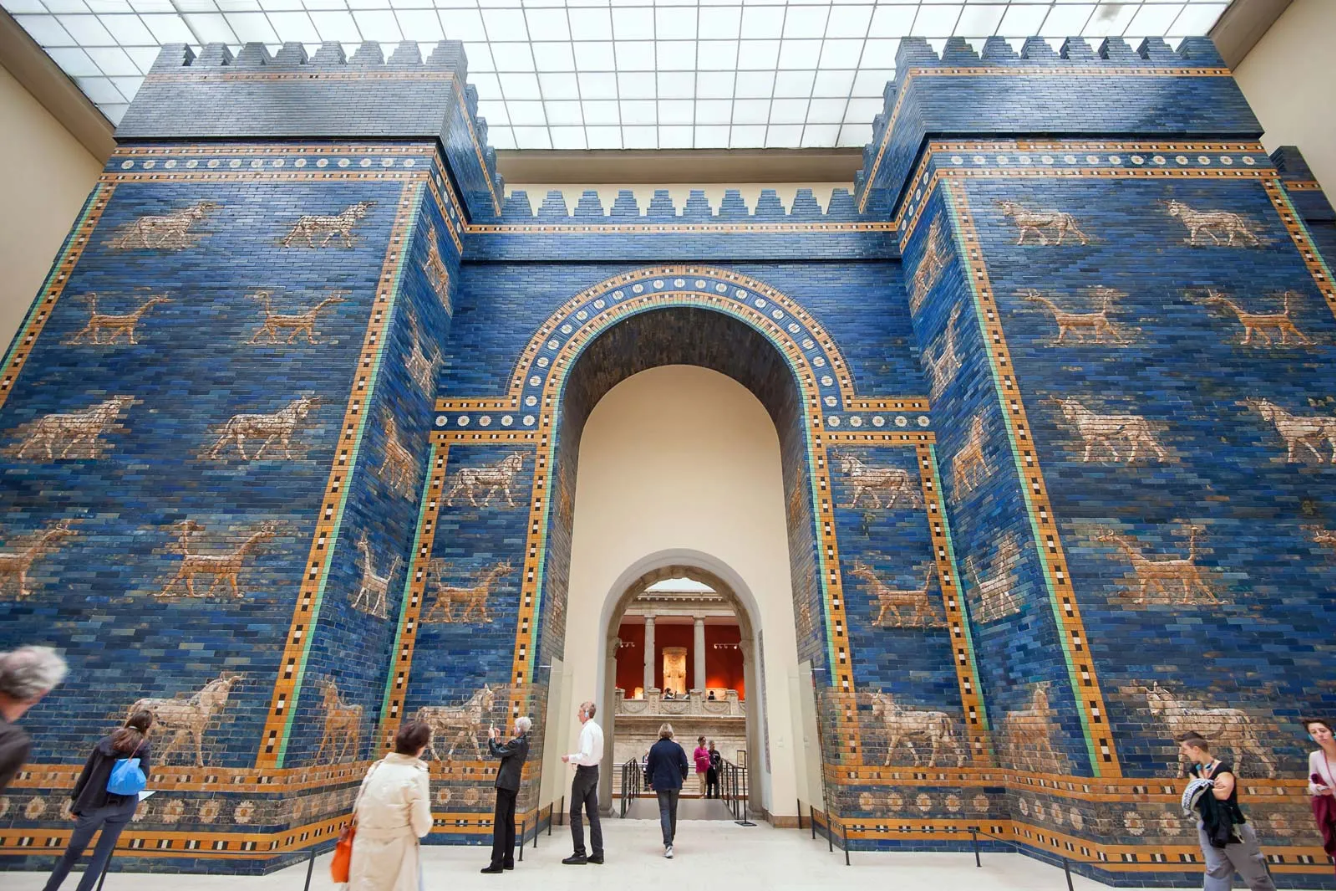
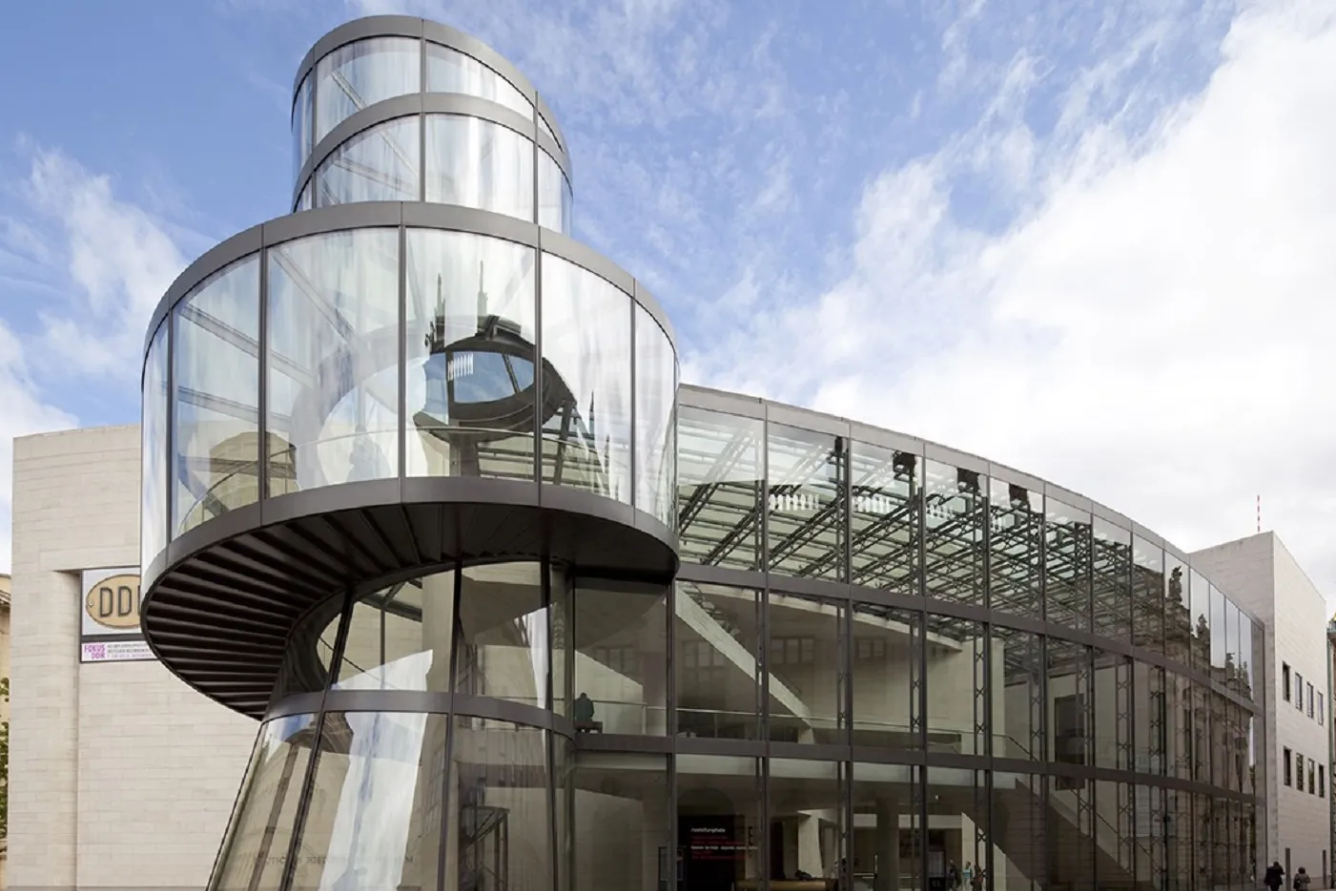
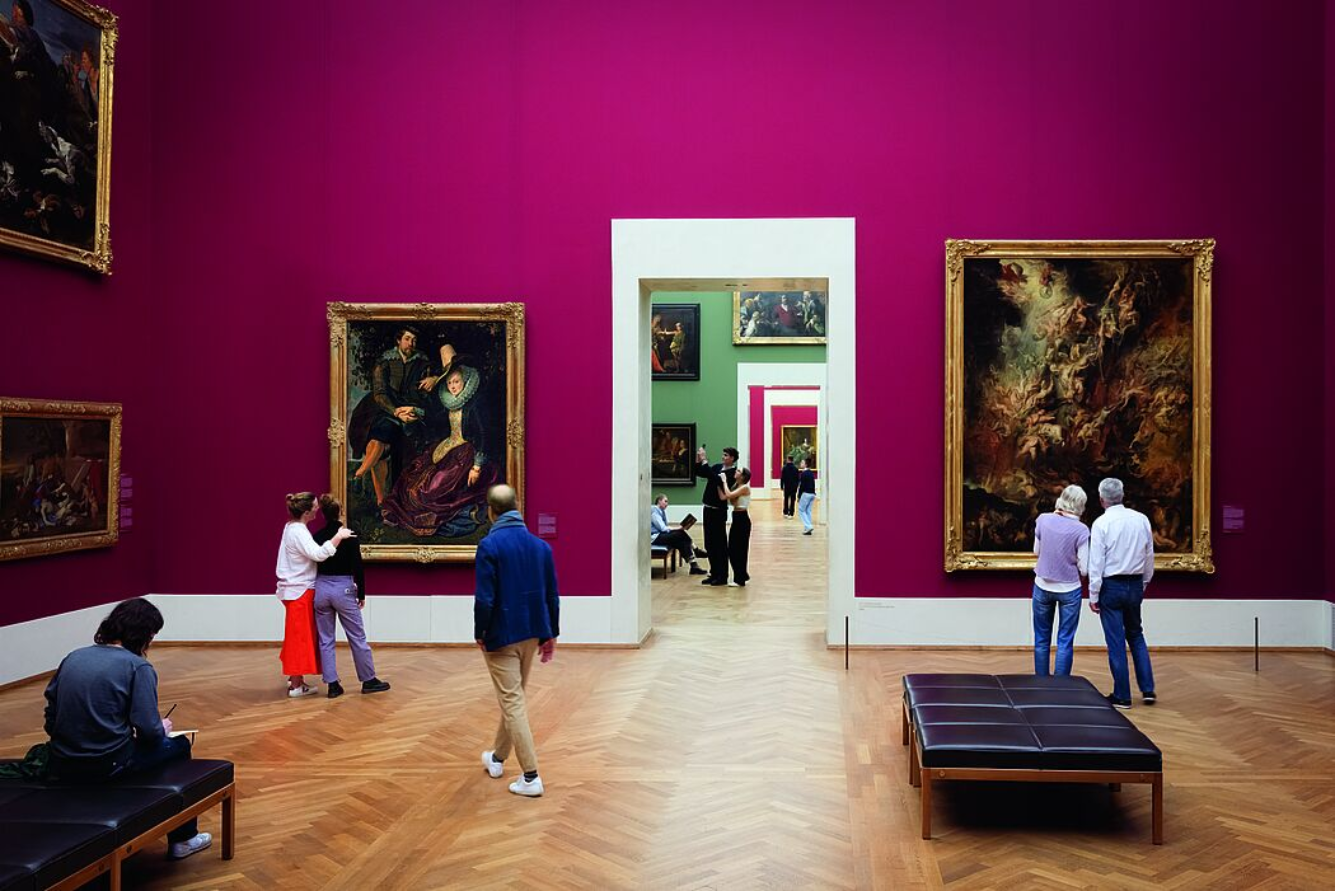
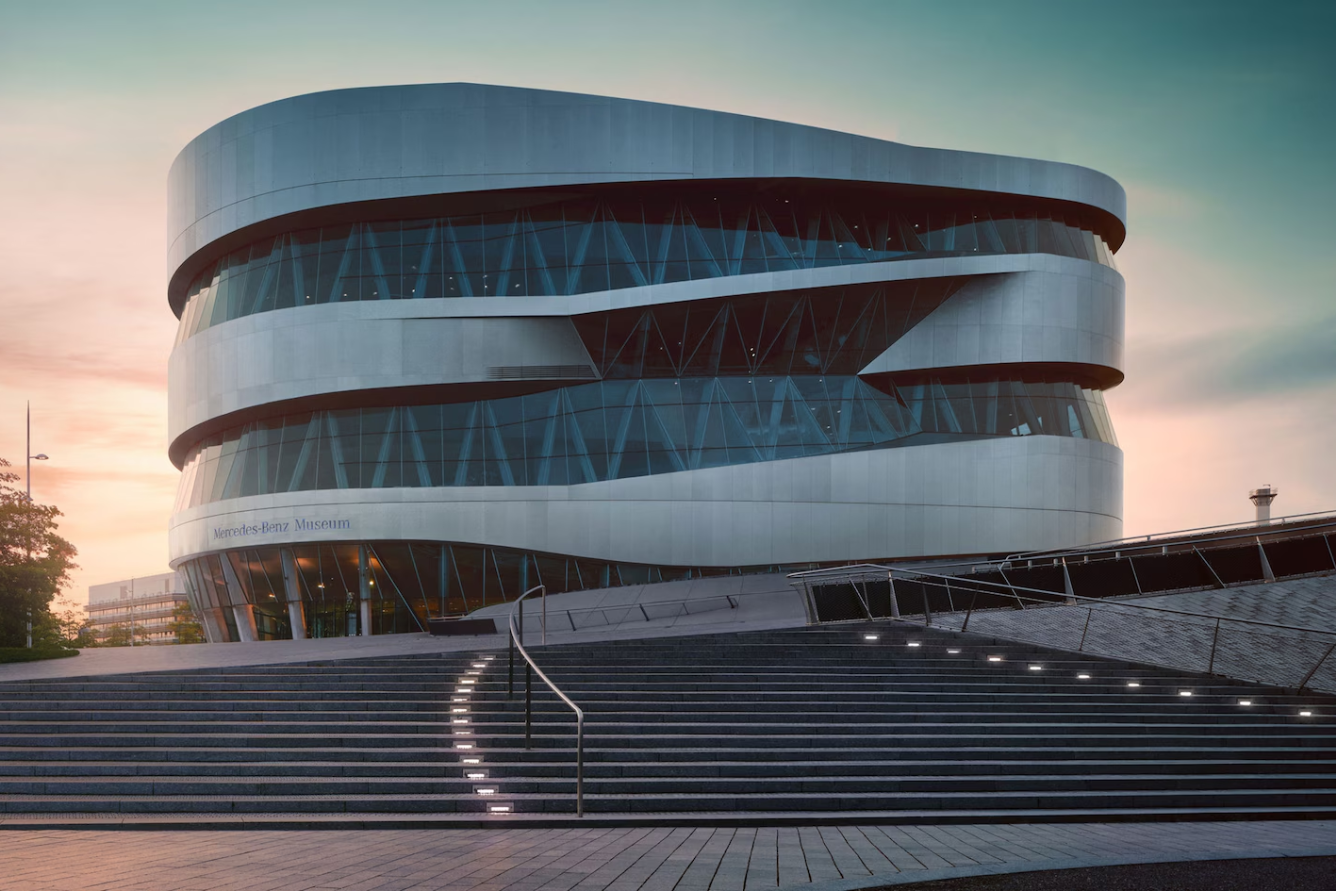
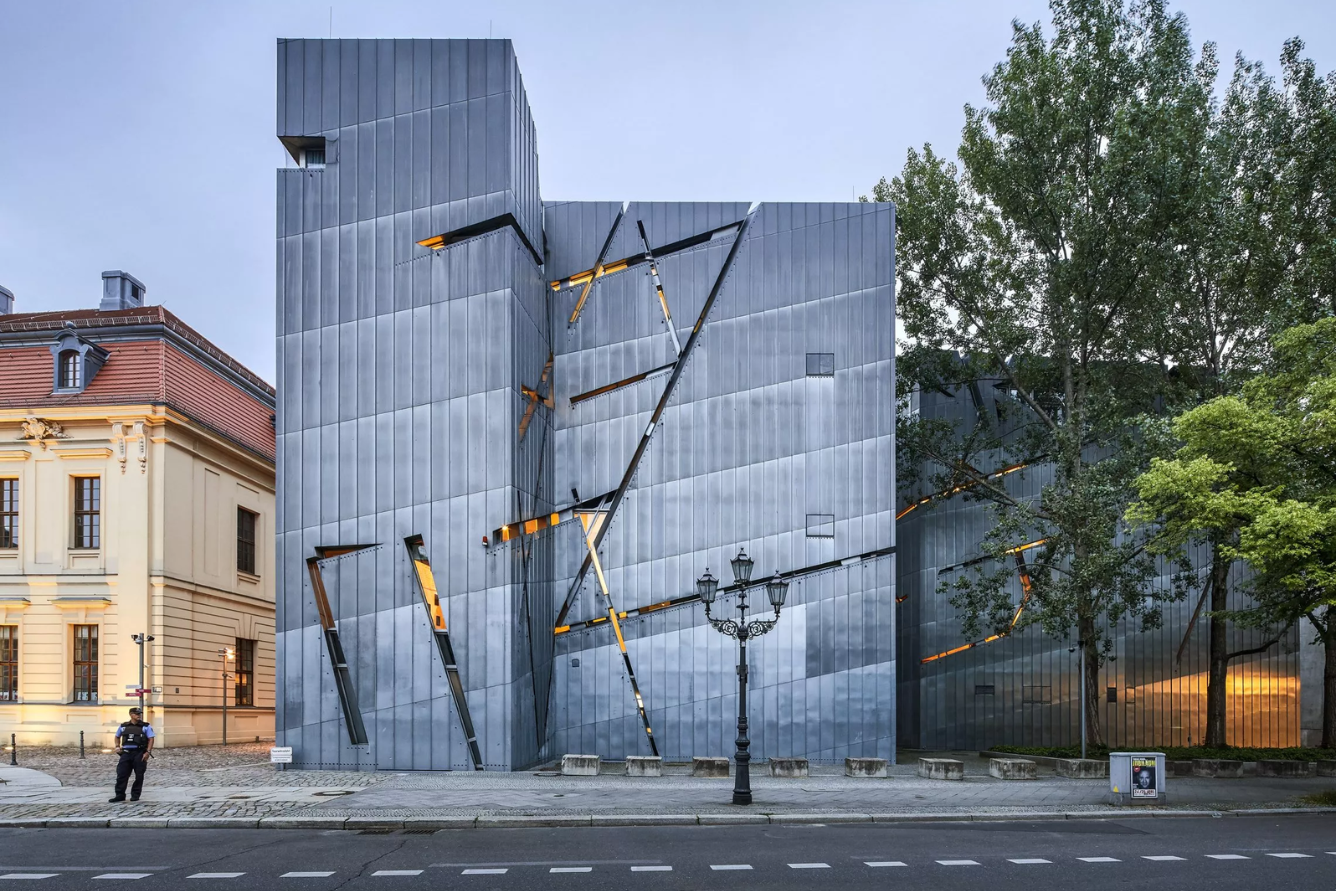

![[Photo] Prime Minister Pham Minh Chinh chairs a meeting of the Government Standing Committee on overcoming the consequences of natural disasters after storm No. 11](https://vphoto.vietnam.vn/thumb/1200x675/vietnam/resource/IMAGE/2025/10/09/1759997894015_dsc-0591-jpg.webp)



![[Photo] Prime Minister Pham Minh Chinh chairs the Conference to deploy the National Target Program on Drug Prevention and Control until 2030](https://vphoto.vietnam.vn/thumb/1200x675/vietnam/resource/IMAGE/2025/10/09/1759990393779_dsc-0495-jpg.webp)
















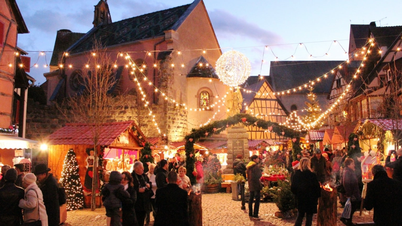






































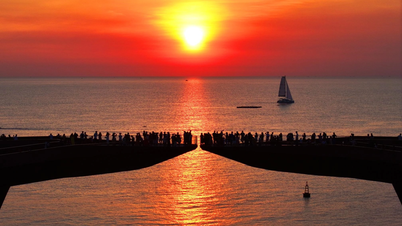



















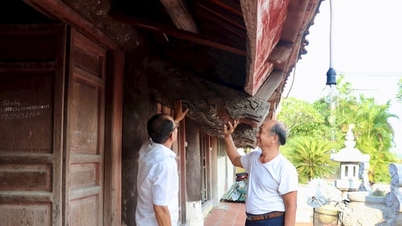

















Comment (0)